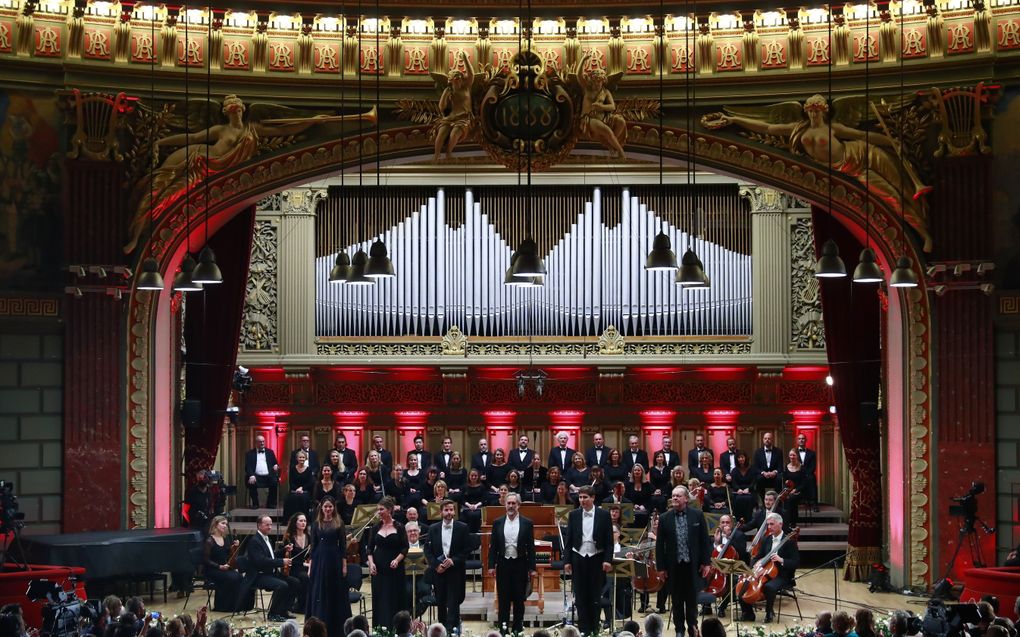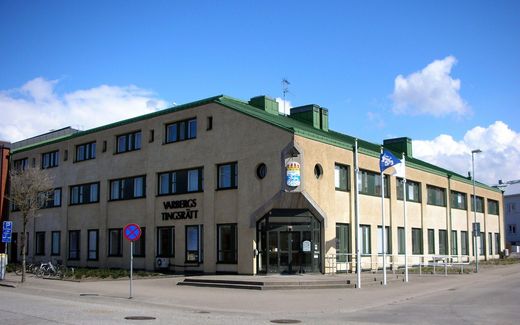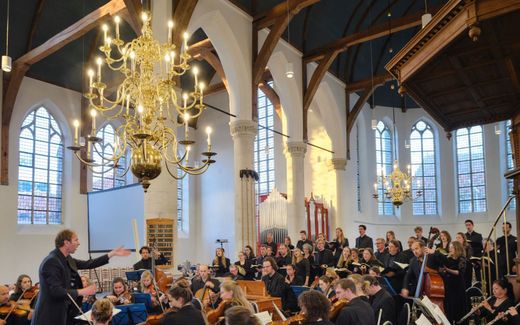Should Bach’s Passion be corrected to combat anti-Semitism?

Photo EPA, Robert Ghement
Northern Europe
What does Bach with his St. John’s Passion have to do with anti-Judaism? Everything, according to Øivind Varkøy, Professor at the Norwegian Academy of Music. Therefore, Varkøy suggests adjusting the text of the Passion.
In the Norwegian daily Vårt Land, Varkøy explains that the Christian Passover has been a particularly dangerous time for Jewish minorities in Europe for centuries, with the intensification of persecution and pogroms. The text in the St. Johns Passion does not help make this problem any less, according to Varkøy. “In the Gospel of John, the “Jews” are used as a term for those who Pilate discusses when considering what to do with Jesus. Bach’s St. John’s Passion is textually close to this. Here, we find that the servants of the Jews seized Jesus, Pilate went out to the Jews, the Jews answered Pilate, the Jews shouted, etc. This context is, of course, related to the development of Christian anti-Judaism.”
Varkøy argues that Christian anti-Judaism is religiously founded. “The church defined itself in contrast to Judaism, and the Jews were not least accused of being behind the crucifixion, of having collective responsibility for the execution of Jesus. The Jews were ’Christ-killers’.”
In the Gospel of John, Varkøy says the term ‘Jews’ is associated with the religious power. Not with the Jewish people as a whole. However, in the Passion’s text, this point is definitely more unclear. Therefore, it should be changed. According to Varkøy, this is crucial to the relationship between Jews and Christians and Judaism and Christianity.
Varkøy does not make concrete suggestions since this adjustment can “be seen in the light of an extensive theological debate about the Gospel of John and the “Jews””.
Child of his time
Music composer Wolfgang Plagge thinks the text of the Passion should not be changed. In an op-ed, reacting to Varkøy, Plagge finds it troublesome to hide that previous generations have been anti-Jewish.
Although he would “completely remove that kind of allusion to the role of the Jews, or clarify them the opposite way”, he thinks it is not a good solution to do so to the current text. “We have to accept that even St. John’s Passion is made by a human being and not by God Himself. This was how Bach’s generation looked at the Jews. And should one then stand by the fact that this was a type of heresy that was widespread? Or should one do Bach “a favour” and try to make him more timely? It can hurt to take over, but Bach was a child of his time”, says Plagge.
Real problem
Rolv Nøtvik Jakobsen, Theologian and 18th-century researcher, agrees with Plagge. He says that making changes to the text is both ethically and musically problematic. However, Jakobsen argues that the problem with Bach’s passions is connected with a far greater problem. For it is the biblical texts that Bach reproduces that are the real problem or challenge.
“Prominent New Testament scholars, both Jews and Christians, have shown how these texts must be understood in their historical context and also shown how they should be interpreted today”, Jakobsen says. “One can, of course, discuss, as several have suggested, replacing “Jews” with “Judeans” in the Gospel texts. But most theologians agree that it is not the words, but how they can be interpreted in a responsible way, that is the great challenge.”
Related Articles






